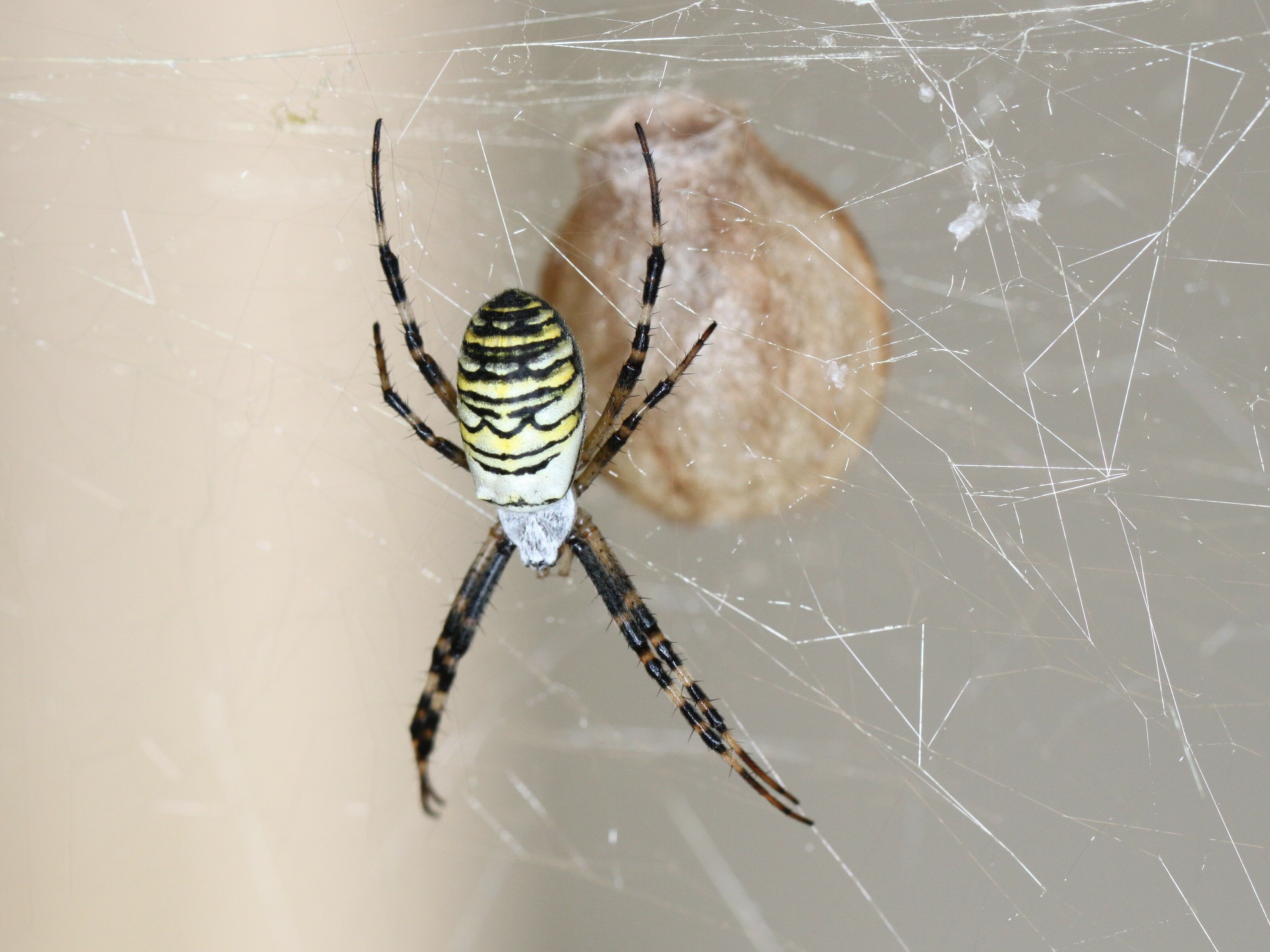In the animal kingdom, whether the fusion of egg and sperm results in a female or male can depend on individual genes, which are situated on autosomes and/or sex chromosomes. In many animal species, the sex of an animal is only recognisable very late in development, such as in butterflies, beetles or spiders. Although adult males and females often differ in their morphology, physiology and behaviour, we know little about the differences in the way young stages live.
Spiders play a major ecological role as prey predators. It is estimated that they consume more prey per year than we humans eat meat. Their influence on food webs and energy flows in nature is therefore enormous. We do not yet know whether, for example, the sexes react differently in their development to food availability or changing temperature conditions, or whether the probability of migration is higher for one of the two sexes.
Monica Sheffer and co-authors from the University of Greifswald, Hamburg and Prague have developed genetic markers for the European wasp spider that allow the sex of tiny young spiders to be revealed. Most spider species studied so far have a specific X1X20 system of genetic sex determination, which means that males have two different X chromosomes, while females have one pair of X1 chromosomes and one pair of X2 chromosomes (i.e., X1X1X2X2). Besides spiders, this unusual sex determination has been found in some insects and nematodes. Humans and other mammals exhibit widespread XY sex determination, where females have two identical sex chromosomes, XX, and males XY.
As early as 2021, Sheffer and co-authors published a high-resolution genome of the wasp spider. Building on this, the new study analysed the karyotype of this species and investigated which chromosomes are the sex chromosomes. Then molecular markers were developed to determine the sex of newly hatched spiders.
It turned out that female wasp spiders have 26 chromosomes, whilst males only have 24. This is because they possess only a single copy of chromosome 9 and 10, the sex chromosomes. It is therefore an X1X20 system. The results of the genetic analysis were verified by a classical chromosome analysis, in which the chromosomes of a cell are fixed during nuclear division and examined microscopically. The researchers were able to establish reliable genetic markers for three gene loci on chromosome 9, so that in the future it will be possible to determine the sex of young animals using this method.
The possibility of sex analysis on tiny spiders has laid the foundation for the investigation of various questions: Do females and males differ in their lifestyles, growth rates and migration behaviour? To what extent are females and males affected differently by climate change impacts? Is the ratio of females to males in spider oviposition balanced or shifted and does this depend on environmental conditions? Furthermore, the interspecific comparison of sex chromosomes and the genes present on these elements can provide important insights into the evolution of sex chromosomes.
The results, which have just been published in the Biological Journal of the Linnean Society, were produced in close collaboration with the population genomics group led by Mathilde Cordellier at the University of Hamburg and the Laboratory of Arachnid Cytogenetics at Charles University in Prague under the direction of Jiří Král. Monica Sheffer recently received her doctorate from the University of Greifswald. She has since accepted a postdoctoral position at the University of Washington, Seattle.
Further Information
Department of General and Systematic Zoology at the University of Greifswald
Contact
University of Greifswald
Dr. Monica Sheffer & Prof. Dr. Gabriele Uhl
Zoological Institute and Museum
General and Systematic Zoology
Tel.: +49 3834 420 4242
monicasheffer.researchgmailcom
gabrieleuhluni-greifswald
https://www.researchgate.net/profile/Gabriele-Uhl
University of Greifswald
Prof. Dr. Andreas Kuss & Team
Interfaculty Institute of Genetics and Functional Genomics
andreas.kussuni-greifswaldde
University of Hamburg
Dr. Mathilde Cordellier & Team
Department of Biology
Institute of Cell and Systems Biology of Animals
mathilde.cordellieruni-hamburgde
Charles University Prag
Prof. Dr. Jiřrí Král & Team
Department of Genetics and Microbiology
tegenariaseznamcz

